Indigenous Governance Database
Emerging Leaders
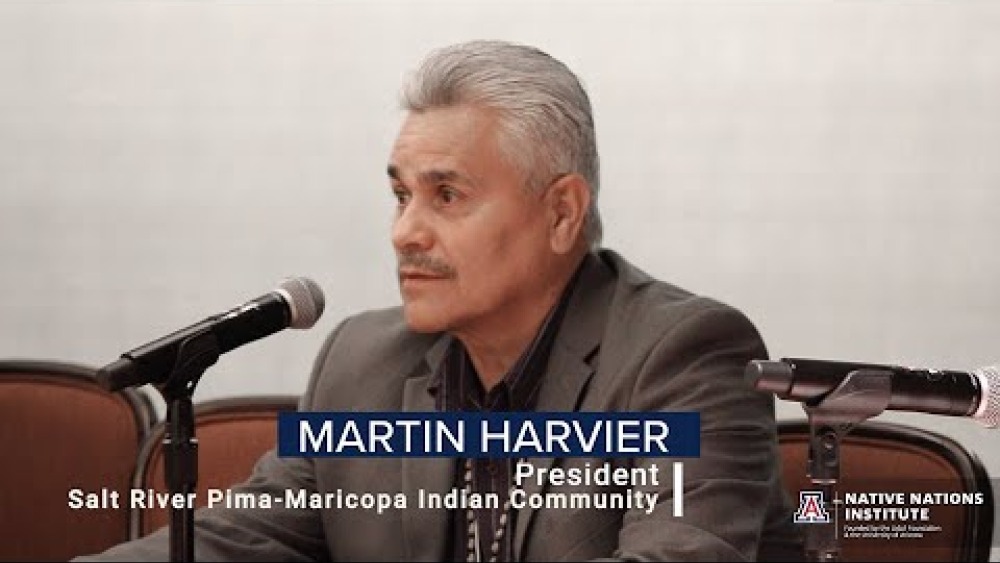
Perspectives From Tribal Leaders: Salt River Pima-Maricopa Indian Community President Martin Harvier
There is no playbook for elected leaders of Native nations, but you can learn a lot from those that have been there before.In this 2023 Native Nations Institute (NNI) Emerging Leaders Seminar held at Talking Stick Resort and Casino on the lands of the Salt River Pima-Maricopa Indian Community,…
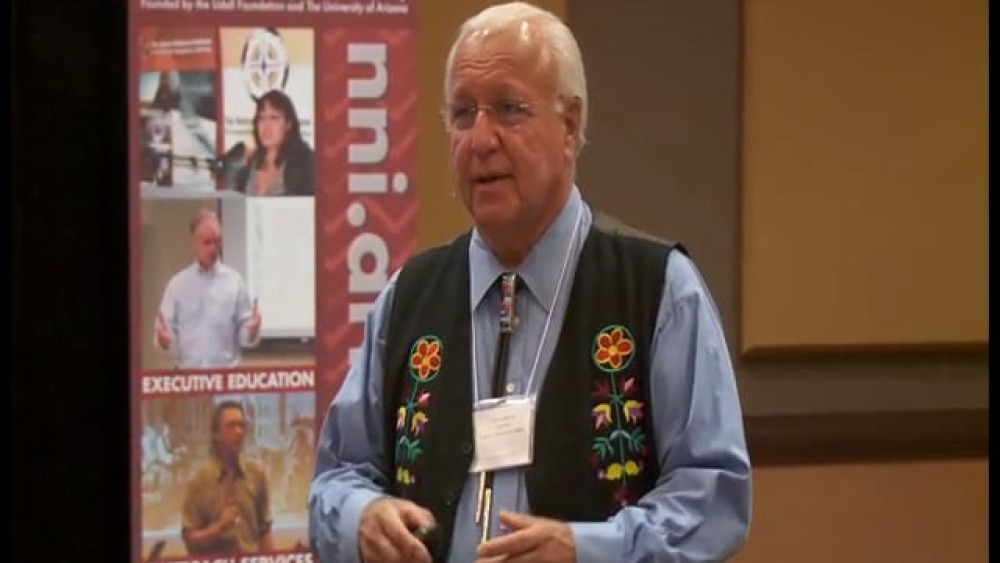
John "Rocky" Barrett: The Origins of Blood Quantum Among the Citizen Potawatomi
In this excerpt from his presentation at NNI's "Emerging leaders" seminar in 2012, Citizen Potawatomi Nation Chairman John "Rocky" Barrett provides an overview of how the U.S. government -- specifically the Bureau of Indian Affairs -- imposed blood quantum on the Citizen Potawatomi people, and how…
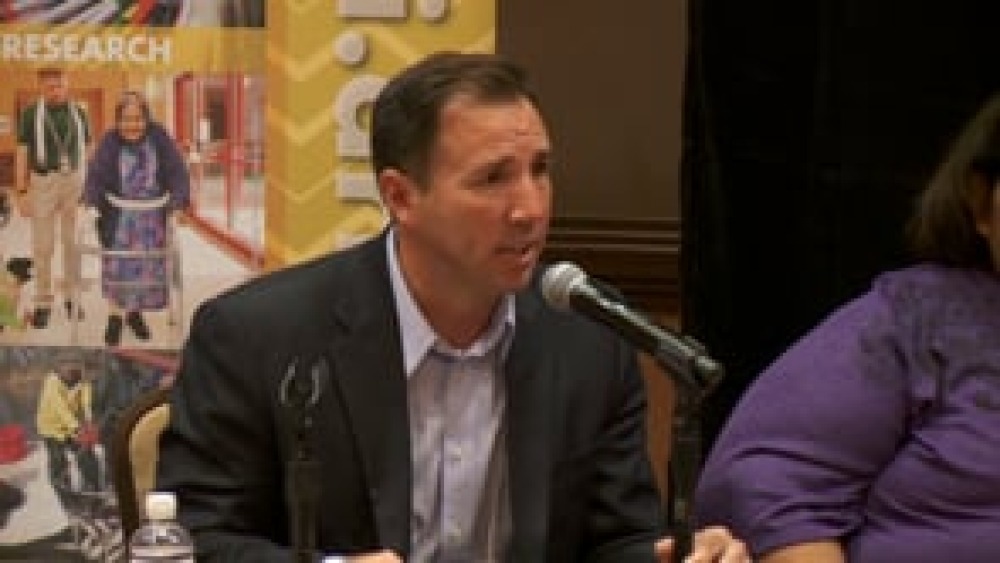
Catalina Alvarez and Robert McGhee: What I Wish I Knew Before I Took Office (Q&A)
Tribal leaders Catalina Alvarez (Pascua Yaqui Tribe) and Robert McGhee (Poarch Band of Creek Indians) field questions from seminar participants on an array of topics ranging from codes of ethics to creating mechanisms for transparent governance.
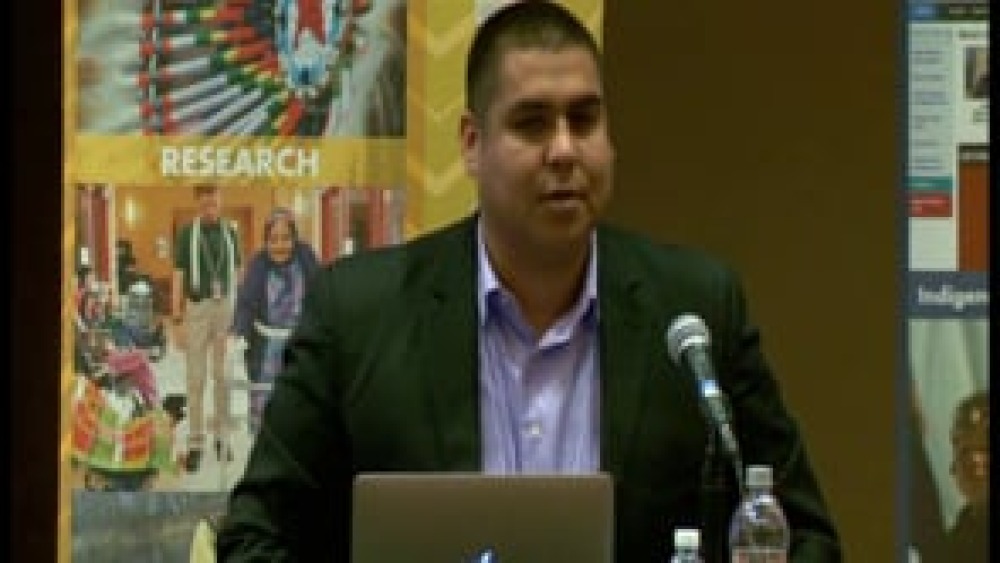
LeRoy Staples Fairbanks III: What I Wish I Knew Before I Took Office
Leroy Staples Fairbanks III, who serves on the Leech Lake Band of Ojibwe Council, discusses some of the hard stances he had to take in order to do his job well and also shares an overview of some of the major steps thatthe leech Lake Band has taken in order to govern more effectively and use its…
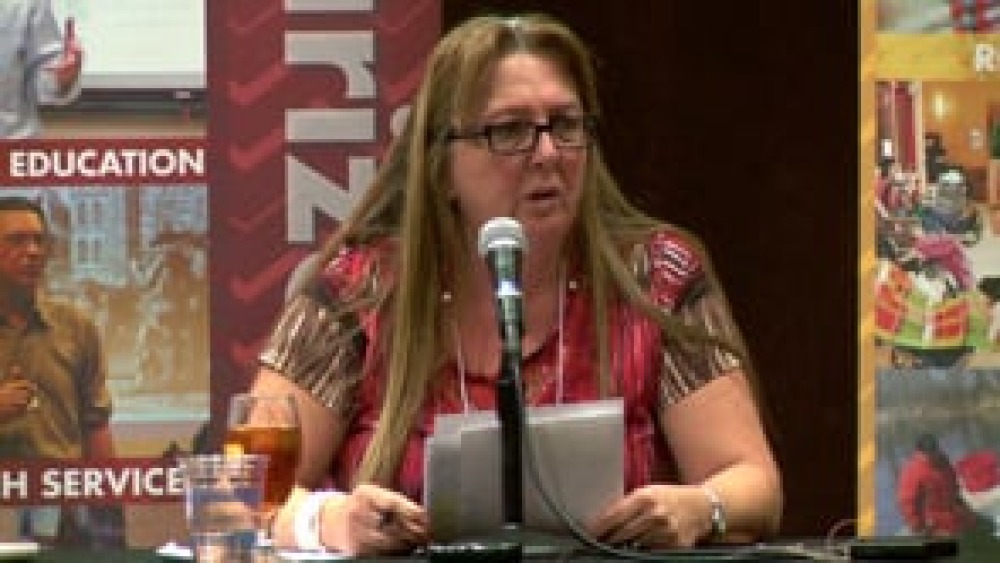
Arlene Templer: Engaging the Nation's Citizens and Effecting Change: The Salish and Kootenai Story
Arlene Templer, Department of Human Resource Development Director for the Confederated Salish and Kootenai Tribes (CSKT), discusses what prompted CSKT to develop the Department of Human Resource Development and how the department works to cultivate self-sufficiency in CSKT citizens and…
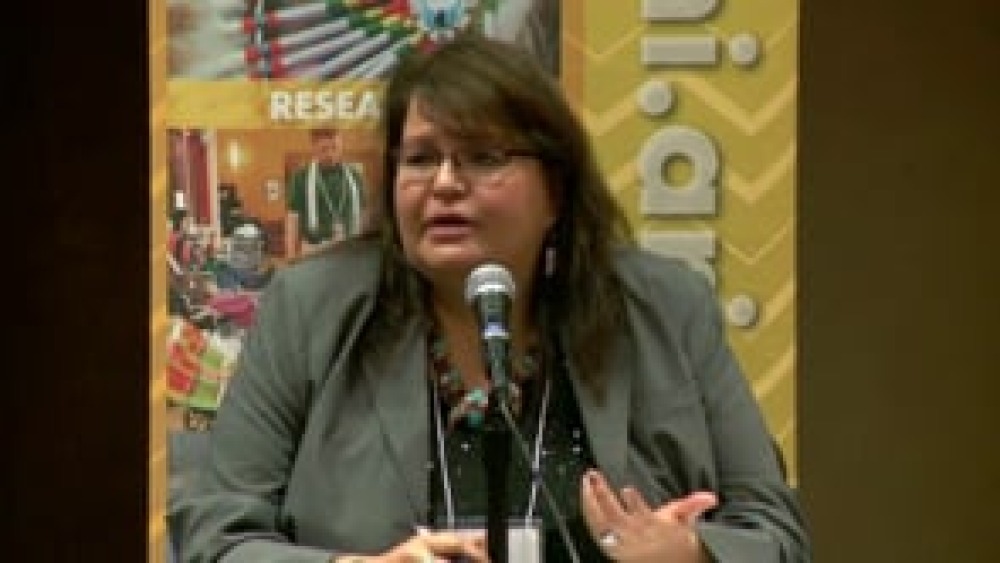
Eldena Bear Don't Walk: So What's So Important about Tribal Courts?
Eldena Bear Don't Walk, Chief Justice of the Confederated Salish and Kootenai Tribes, discusses some of the things that tribal justice systems need to have in place in order to be effective, and how important it is for Native nation governments and citizens to respect and support the decisions…
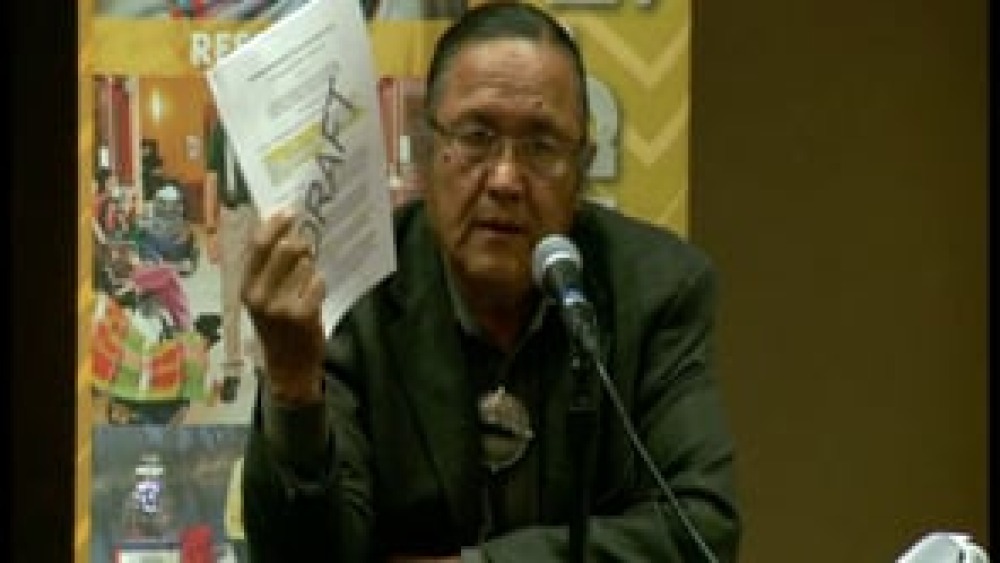
Robert Yazzie: Traditional Principles of Leadership
Former Chief Justice Robert Yazzie of the Navajo Nation Supreme Court provides an overview of the traditional Diné governance system and specifically the leadership principles that Diné leaders relied upon to make sound, informed, strategic decisions in consultation with and on behalf of…
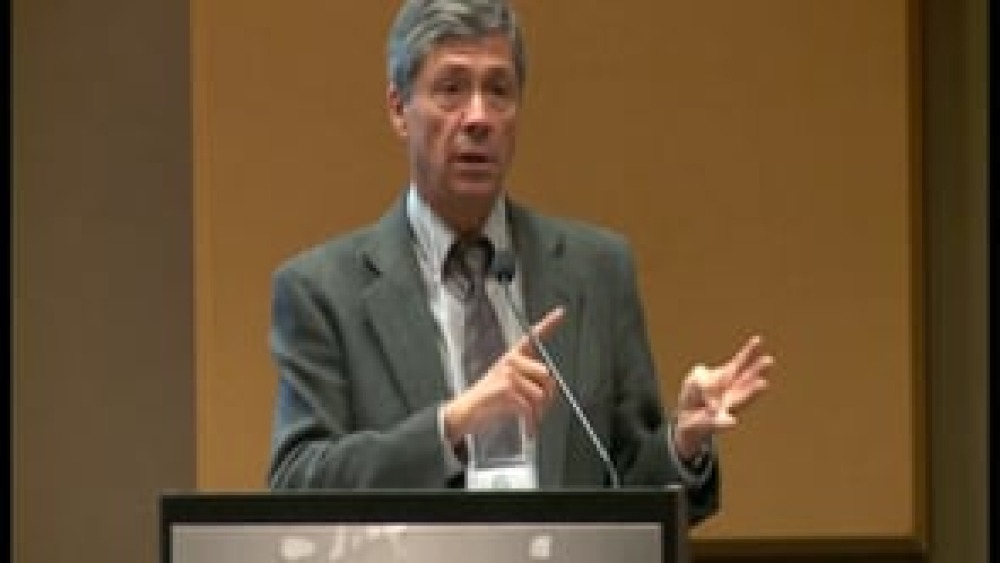
Robert Miller: Creating Sustainable Reservation Economies
In this informative and lively talk, law professor Robert Miller discusses the importance of Native nations building diversified, sustainable reservation economies through the cultivation and support of small businesses owned by their citizens, and offers some strategies for how Native nations can…
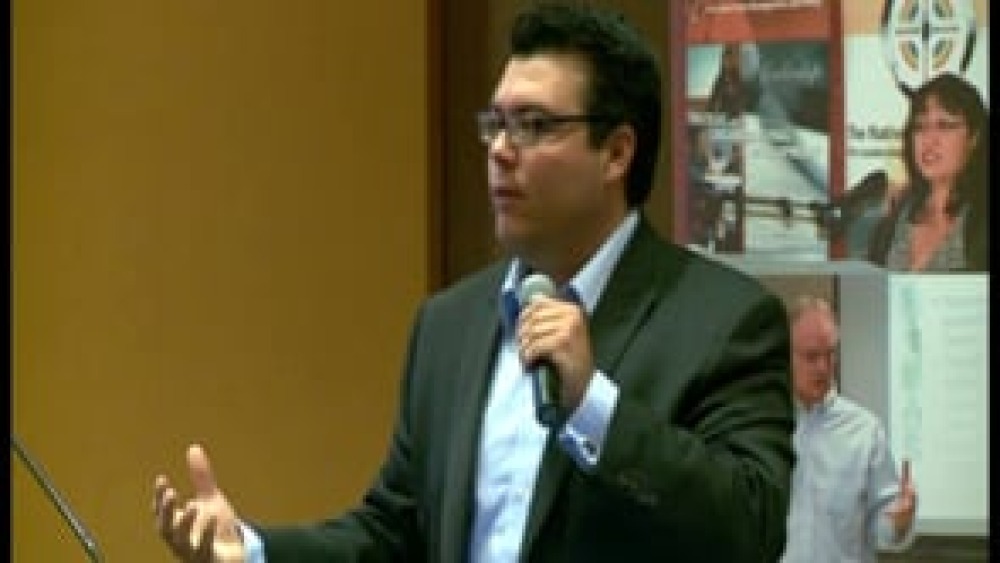
Adam Geisler: What I Wish I Knew Before I Took Office
Adam Geisler, Secretary of the La Jolla Band of Luiseño Indians, discusses the diverse set of challenges he faces as an elected leader of his nation and discusses some of the innovative ways that he, his leadership colleagues, and his nation have worked to overcome those challenges. He…
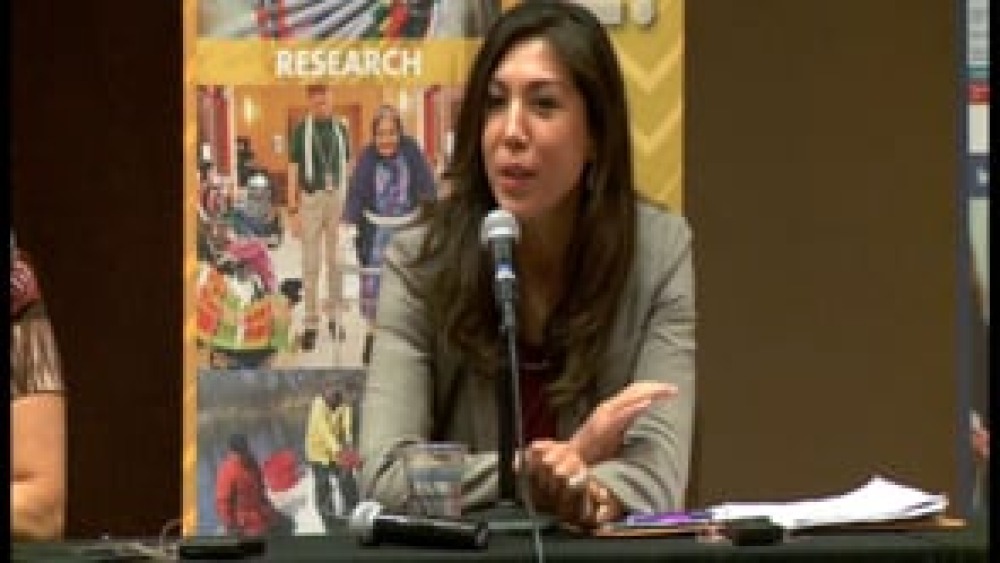
Paulette Jordan: Engaging the Nation's Citizens and Effecting Change: The Coeur d'Alene Story
Paulette Jordan, citizen and council member of the Coeur d'Alene Tribe in Idaho, discusses the importance of Native nation leaders being grounded in their culture and consulting the keepers of the culture (their elders) so that they approach the leadership challenges they face with the proper…
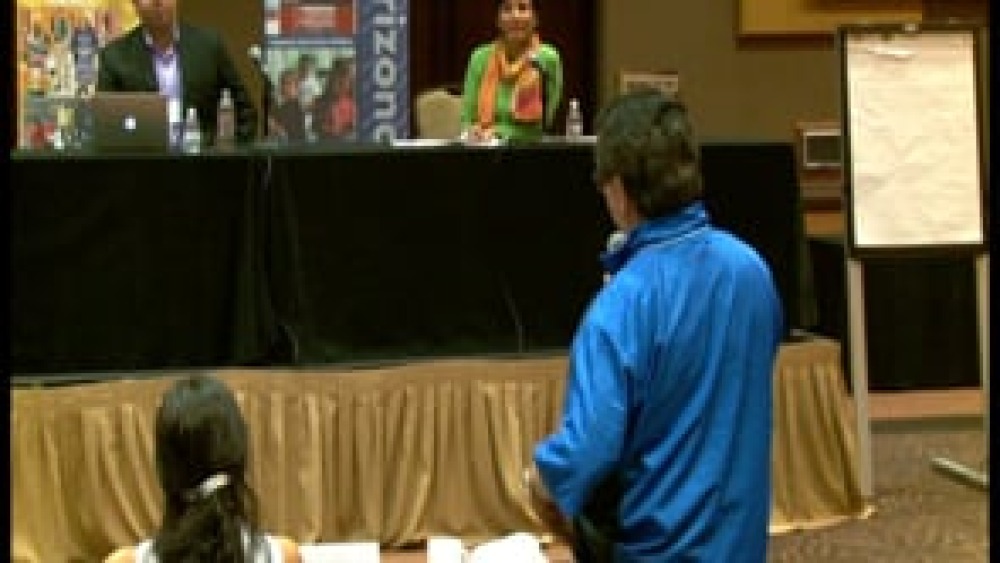
LeRoy Staples Fairbanks III and Adam Geisler: What I Wish I Knew Before I Took Office (Q&A)
Leroy Staples Fairbanks III and Adam Geisler field questions from the audience about the role of education in nation building. The discussion focuses on the importance of Native people being grounded in their culture and language, and where and how that education can and should take place.
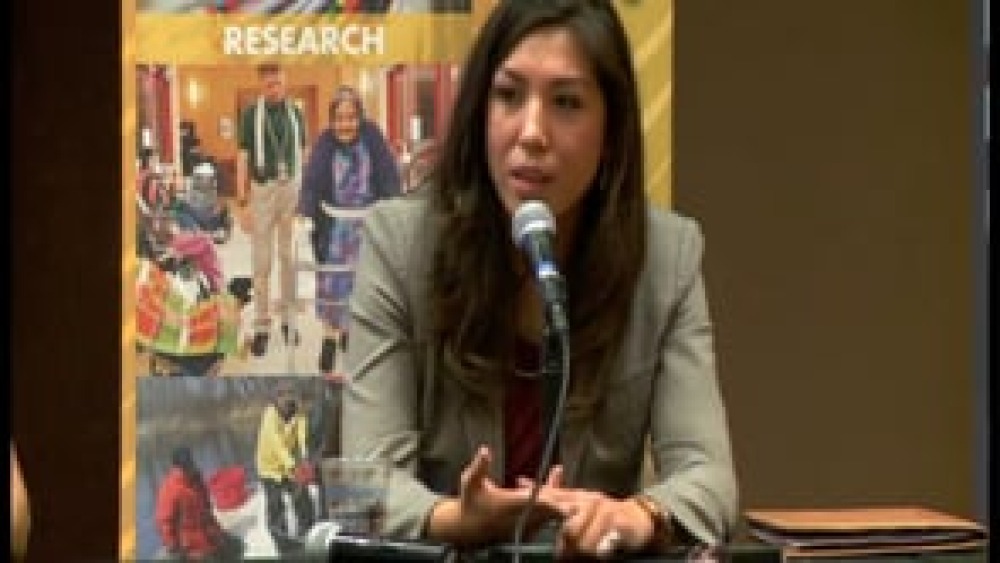
Paulette Jordan and Arlene Templer: Engaging the Nation's Citizens and Effecting Change (Q&A)
Paulette Jordan and Arlene Templer field questions from the audience, offering more details about how they mobilized their fellow tribal citizens to buy into the community development initiatives they were advancing.
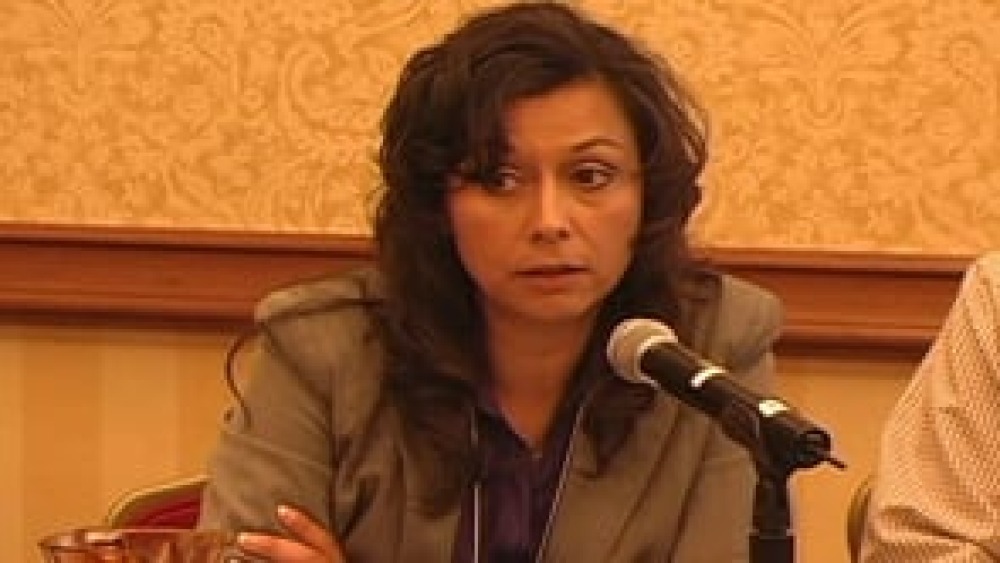
Martin Harvier and Monica Simeon: Building Sustainable Economies: Approaches and Perspectives (Q&A)
Martin Harvier, Vice President of the Salt River Pima-Maricopa Indian Communty, and Monica Simeon, CEO and Principal Partner of Sister Sky, field questions from the audience about their roles in building sustainable economies for their respective nations.
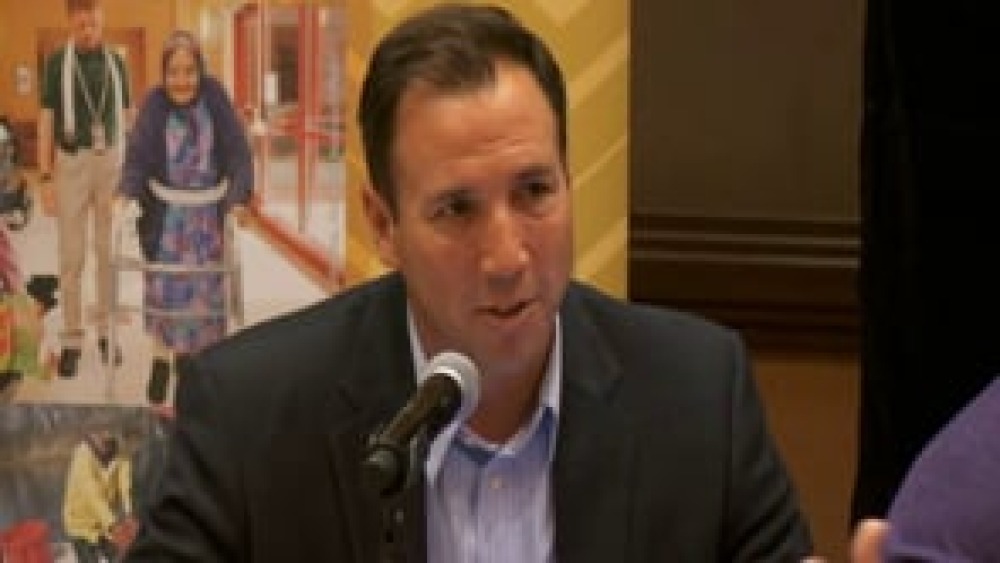
Robert McGhee: What I Wish I Knew Before I Took Office
Treasurer of the Poarch Band of Creek Indians Robert McGhee shares some of the things that he wished he knew before he first took office. He also discusses how he and his elected leader colleagues have built a team approach to making informed decisions on behalf of their constituents.
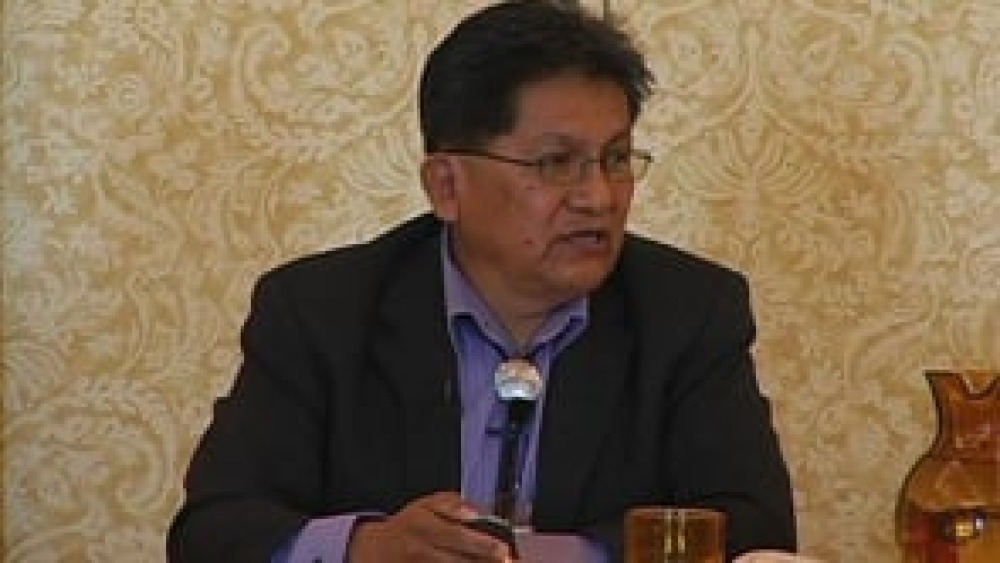
Ben Nuvamsa: What I Wish I Knew Before I Took Office
Former Chairman of the Hopi Tribe Ben Nuvamsa speaks about his tenure as the elected chief executive of his nation, and how the governance issues he and his nation have experienced in recent years offer important lessons to other Native nations.
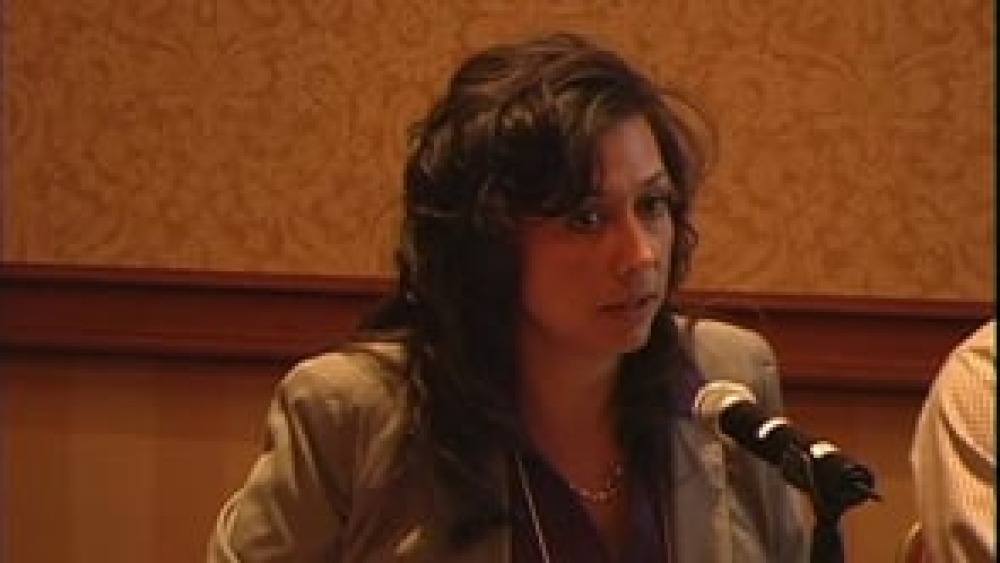
Monica Simeon: Building Sustainable Economies: The Story of Sister Sky
Sister Sky CEO and Principal Partner Monica Simeon provides an overview of Sister Sky, a business Simeon co-founded with her sister Marina Turning Robe on the Spokane Indian Reservation. Simeon also explains how Sister Sky is working to cultivate the entrepreneurial spirit among her nation's…
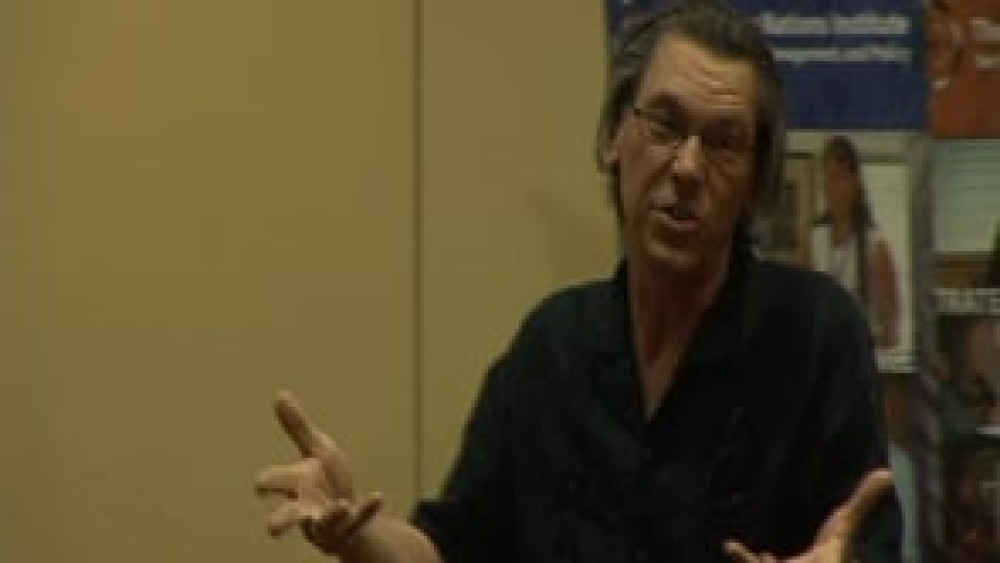
Robert A. Williams, Jr.: Law and Sovereignty: Putting Tribal Powers to Work
University of Arizona Professor of Law Robert A. Williams, Jr. provides an overview of the U.S. government's centuries-long assault on tribal sovereignty -- in particular the ability of Native nations to make and enforce law -- and stresses the importance of Native nations systematically building…
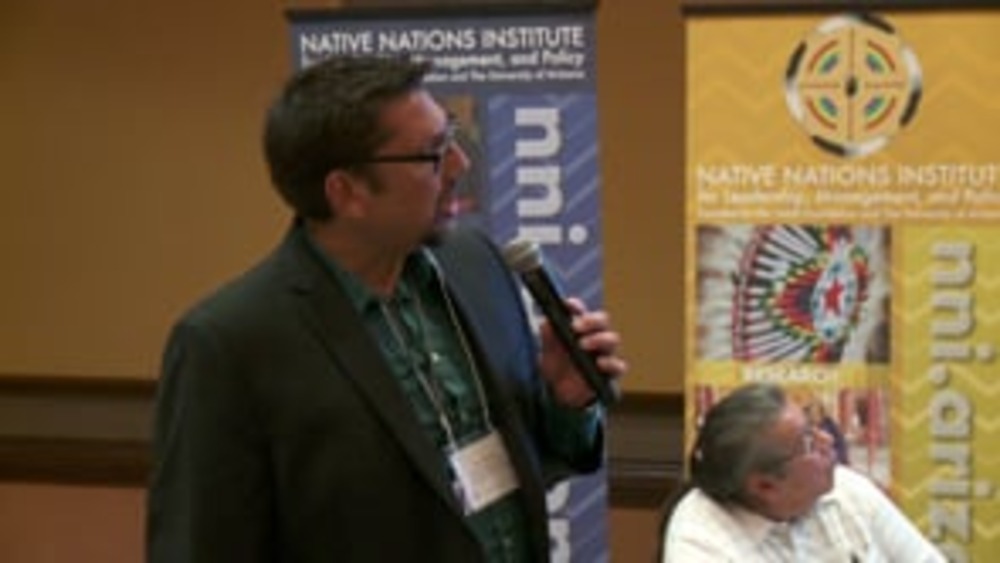
Robert McDonald: Engaging the Nation's Citizens and Effecting Change: The Salish and Kootenai Story
Confederated Salish and Kootenai Tribes (CSKT) Communications Director Robert McDonald discusses the challenges his nation faces when it comes to effectively educating and engaging its citizens -- particularly in the age of social media -- and what the nation is starting to do about it. He…
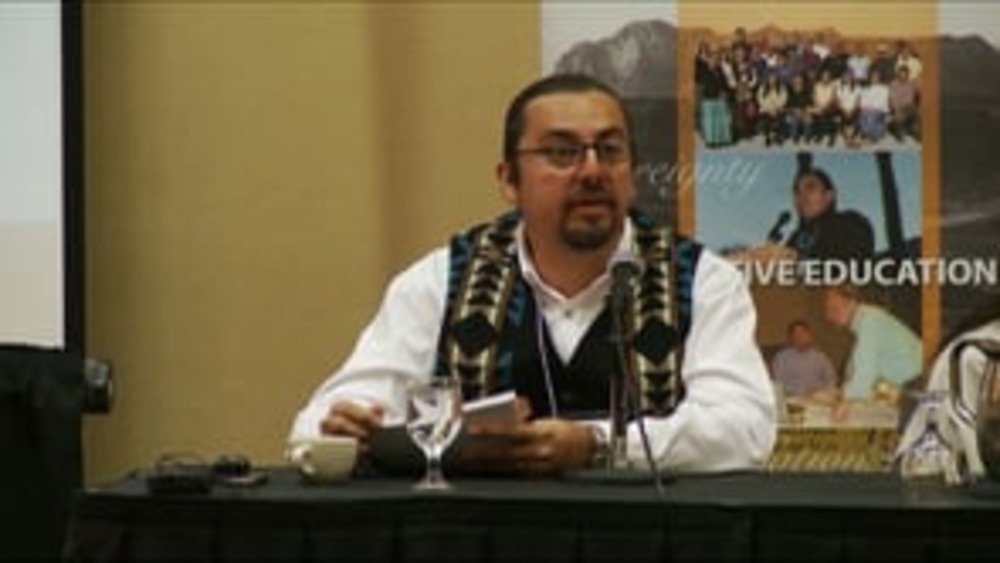
Gerald Clarke, Jr.: What I Wish I Knew Before I Took Office
Cahuilla Band of Indians Council Member Gerald Clarke, Jr. shares his thoughts about what he wished he knew before taking office as an elected leader of his nation.
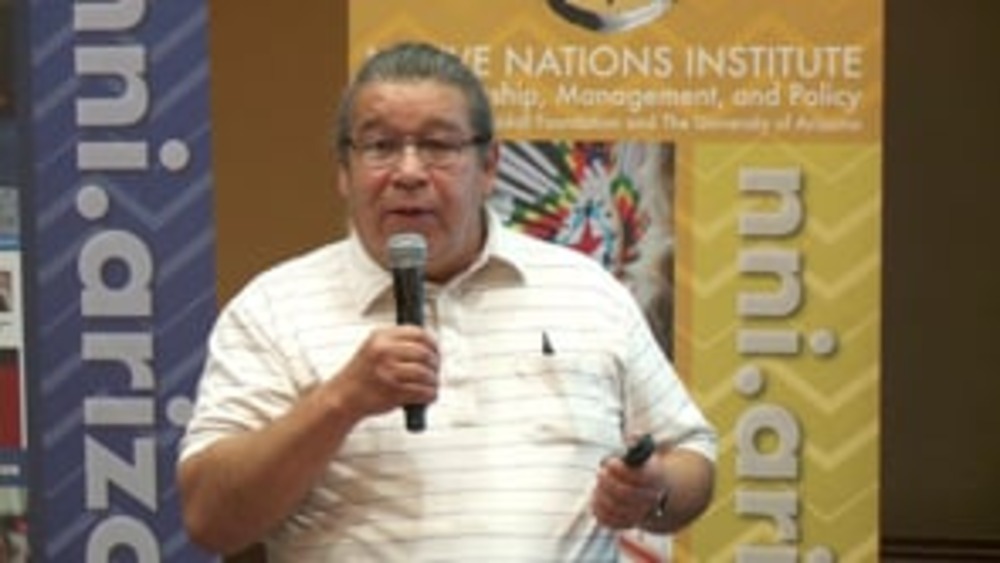
Richard Jack: Engaging the Nation's Citizens and Effecting Change: The Lac du Flambeau Story
Richard Jack, Chairman of the Constitution Committee of the Lac du Flambeau Band of Lake Superior Chippewa Indians, discusses some of the struggles that he and his fellow committee members have encountered as they engage the Lac du Flambeau people on the topic of constitutional reform and the need…
